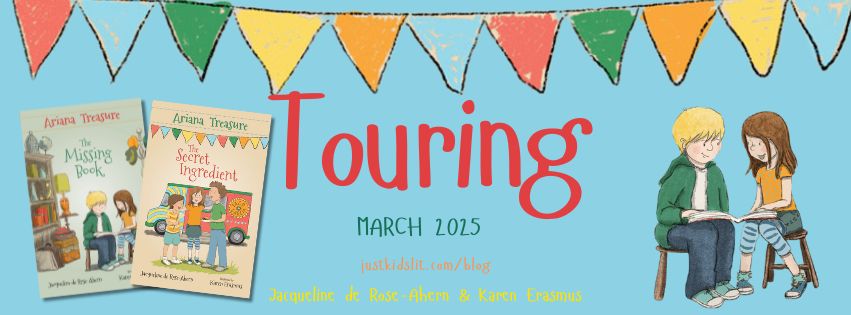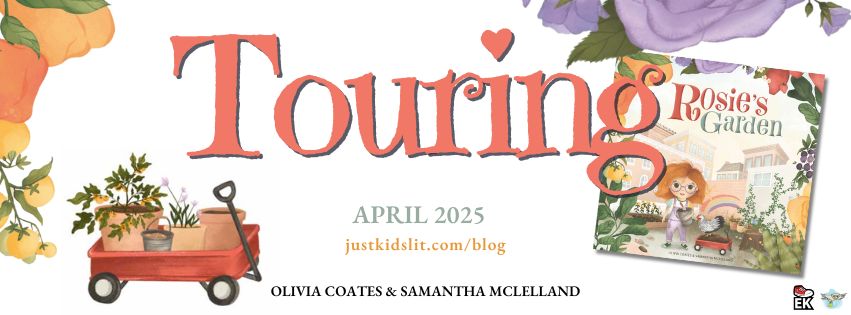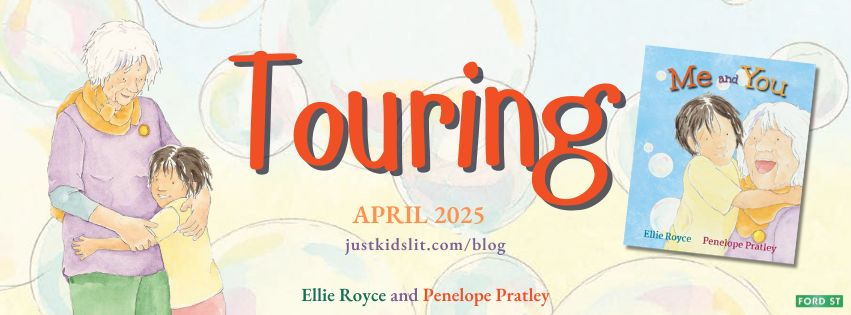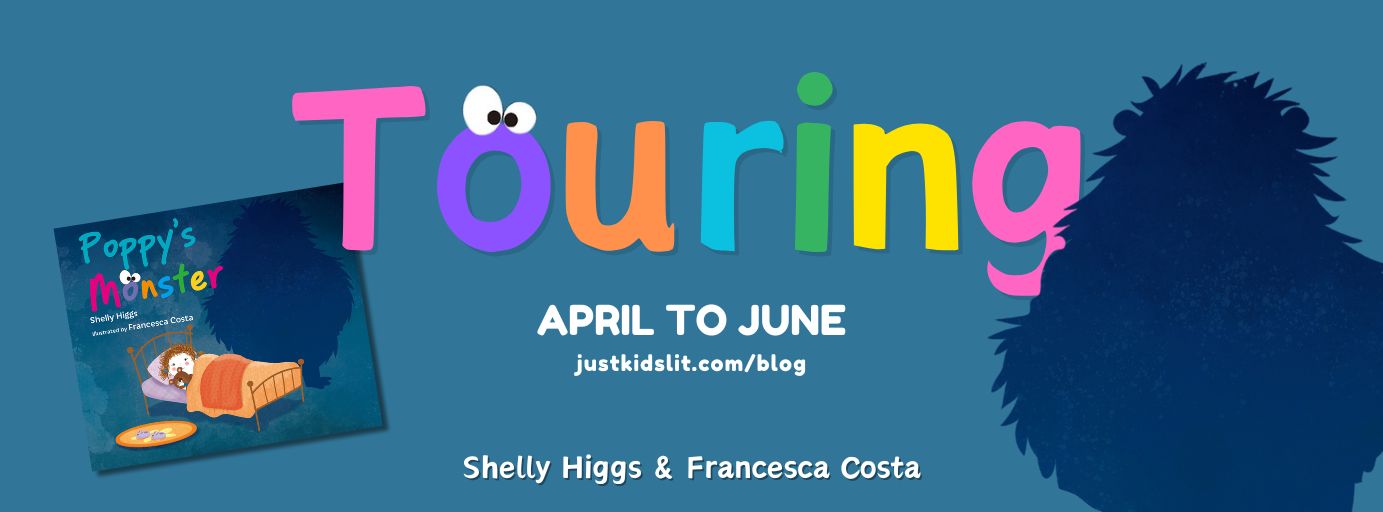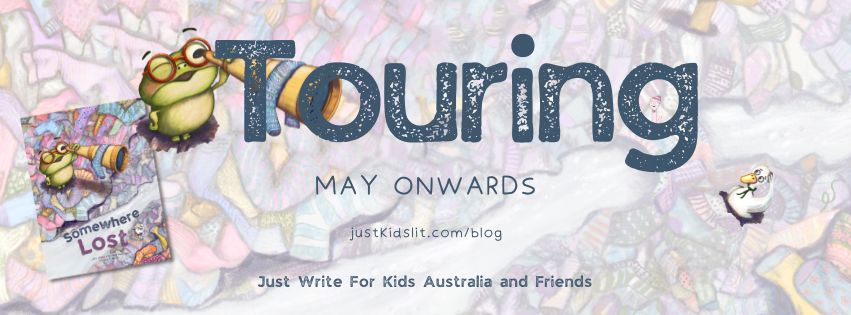Can’t Beat the Chemistry, Kat Colmer, Rhiza Edge, 2019
Note: This book was provided to me by the publisher, in exchange for an honest review.
From the publisher: Ionic and covalent bonds are a piece of cake for MJ. But human bonds are a little harder …
There are only two things MJ wants in her final year of high school:
1) Glowing grades and …
2) to convince uber-smart, chiselled-jaw Jason they’d be a winning team outside the science lab as well as in.
Tutoring deadbeat drummer, Luke, isn’t part of the plan. After all, he has average intelligence, takes disorganised notes and looks like a partied-out zombie at their study sessions! Not even his taut biceps will win MJ over.
But MJ learns that she could be tutored in a few life lessons too: That sometimes there’s good reason to skip chemistry tutorials. That intelligence is so much more than a grade average.
And that sometimes you can’t beat the chemistry.
Before I started reading this book, it was pitched to me as The Rosie Project for teenagers. Unlike very many readers (including people whose taste I very much respect), I wasn’t an enormous fan of The Rosie Project. I can objectively see it’s a very accomplished book. I understand why others might adore it, but it didn’t excite me in the way that other books featuring unconventional narrators have (i.e. Marcelo in the Real World by Francisco X. Stork).
The thing that did make me excited about this book was its author, Kat Colmer, who I knew to be a talented and thoughtful writer. I was eager to see what her twist on the narrative would be and I had a feeling it would be delightful.
To my intense relief, I was not wrong.
MJ, one half of the narrator team for this novel, sometimes struggles to read emotions. She can be blunt and insensitive in her interactions with others and she has a laser-like focus on her interests and goals. In other hands, she might have been unlikable; her frequent disconnect from her loved ones and “reality” off-putting. However, wonderfully, this is never the case when reading this book.
MJ feels real. She has nuance. She has moments of introspection that are heartbreaking and we get to see her grow and change as a character – while never losing touch with her essential “MJ-ness”.
Like MJ, Colmer’s other narrator, Luke, is a three-dimensional, well-considered character. Like MJ, he could have fallen into one of two character tropes: “the meathead beefcake, with a heart of gold”, or “the troubled bad boy drummer”. He is neither of these. Yes, he is a drummer; yes, he is good-looking (those biceps!). He is, also, definitely kind-hearted and he is troubled in a lot of ways …
But he’s not a meathead, though he might appear to be at first. And it is the fact that he does have aspects of all those other traits in his personality that make him so compelling – he is so deeply layered and detailed that he is endlessly fascinating to read.
The supporting characters are equally intriguing. MJ’s parents are much more fleshed-out than most parents in YA. Her mother is a narcissistic, high-achieving control freak, who pushes her daughter so hard she almost breaks her (and almost certainly, in the end, irreparably damages their relationship). Her father at first seems weak, going along with every whim of his wife’s domineering personality. But he is hiding a terrible secret, which provides some excuse for his behaviour and leads to his moment of redemption and triumph in the end.
MJ’s brother, and Luke’s roommate, Theo, is bravely pursuing his dreams, in the face of his mother’s controlling tendencies. He is a lovely, gentle character, who I would have liked to see more of. MJ’s best friend, Sandy, is a wonderful friend and I was very, very grateful that her relationship with MJ at no point veered into “mean girls fighting each other” territory, even when they’re vying for the same boy’s affections. She is always a steadfast friend, and I loved that.
But perhaps the most beautiful character of all is Rosie. I asked Kat Colmer if Rosie had a real-life counterpart and she revealed that she is based on a young person she knows, which serves to explain how well she is drawn. At no time falling into damaging clichés, Rosie (who has Down Syndrome), is a sweet, funny, occasionally catty, Patrick-Swayze-loving angel, and I want a whole book from her perspective next.
On the surface, Can’t Beat the Chemistry is an unlikely love story, between two young people who seem like polar opposites. And, indeed, its deft handling of romance tropes is part of its charm. But it is so much more than that. It sensitively explores so many issues about mental health, neurodevelopmental disorders, genetic disorders, family, friendship, parental failings, science and the pressure young people feel to choose their future (or subscribe to a future chosen for them), at an absurdly young age.
It left me feeling warm inside, but also enlightened, challenged and very, very eager to see what Colmer does next.
This book deserves to be as popular as The Rosie Project (and Eleanor Oliphant is Completely fine – a book often described as its “female equivalent”) but, for me, this book stands on its own. It is a rich, brave, deeply satisfying character study. I hope, in years to come, people will be saying, “For fans of Can’t Beat the Chemistry” …






